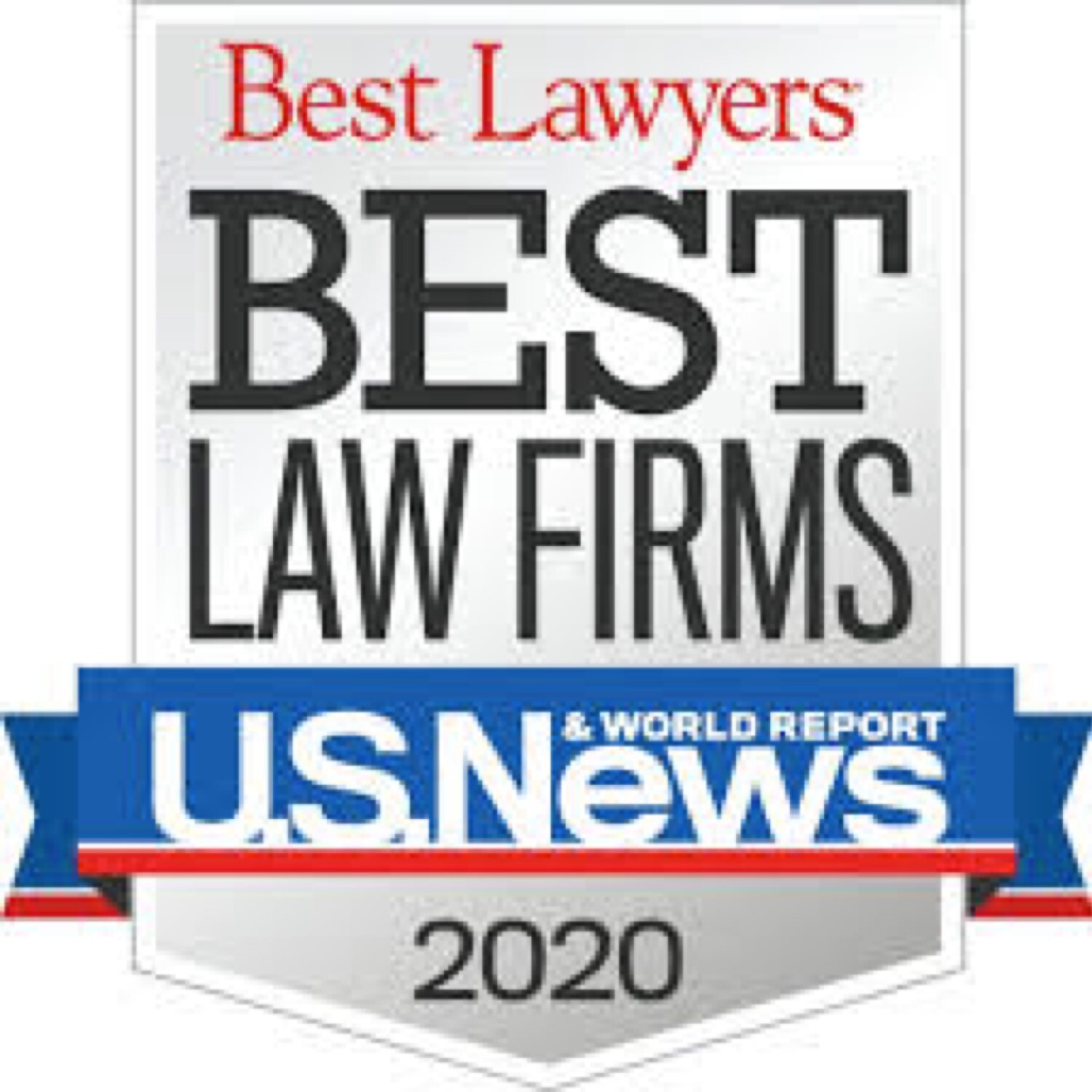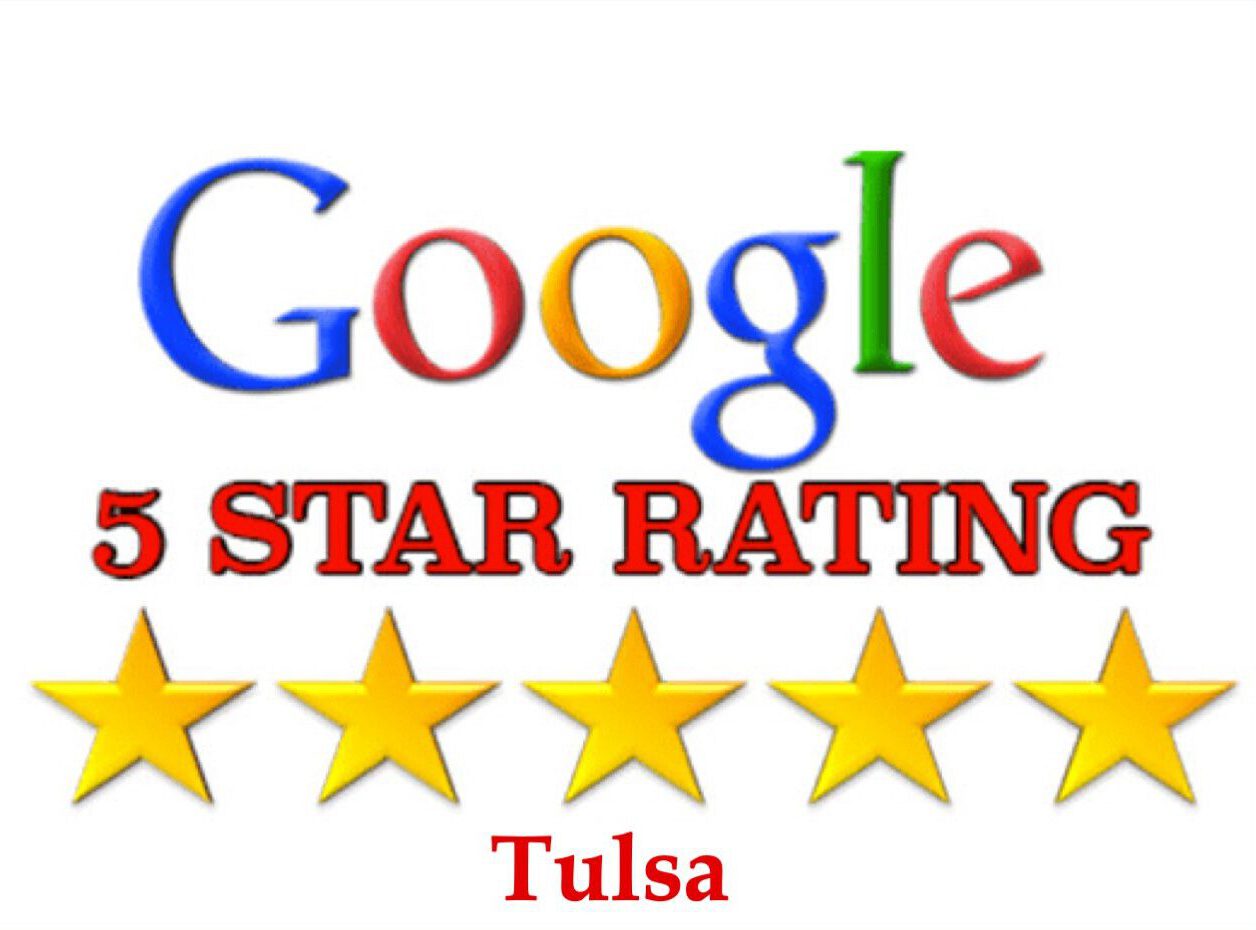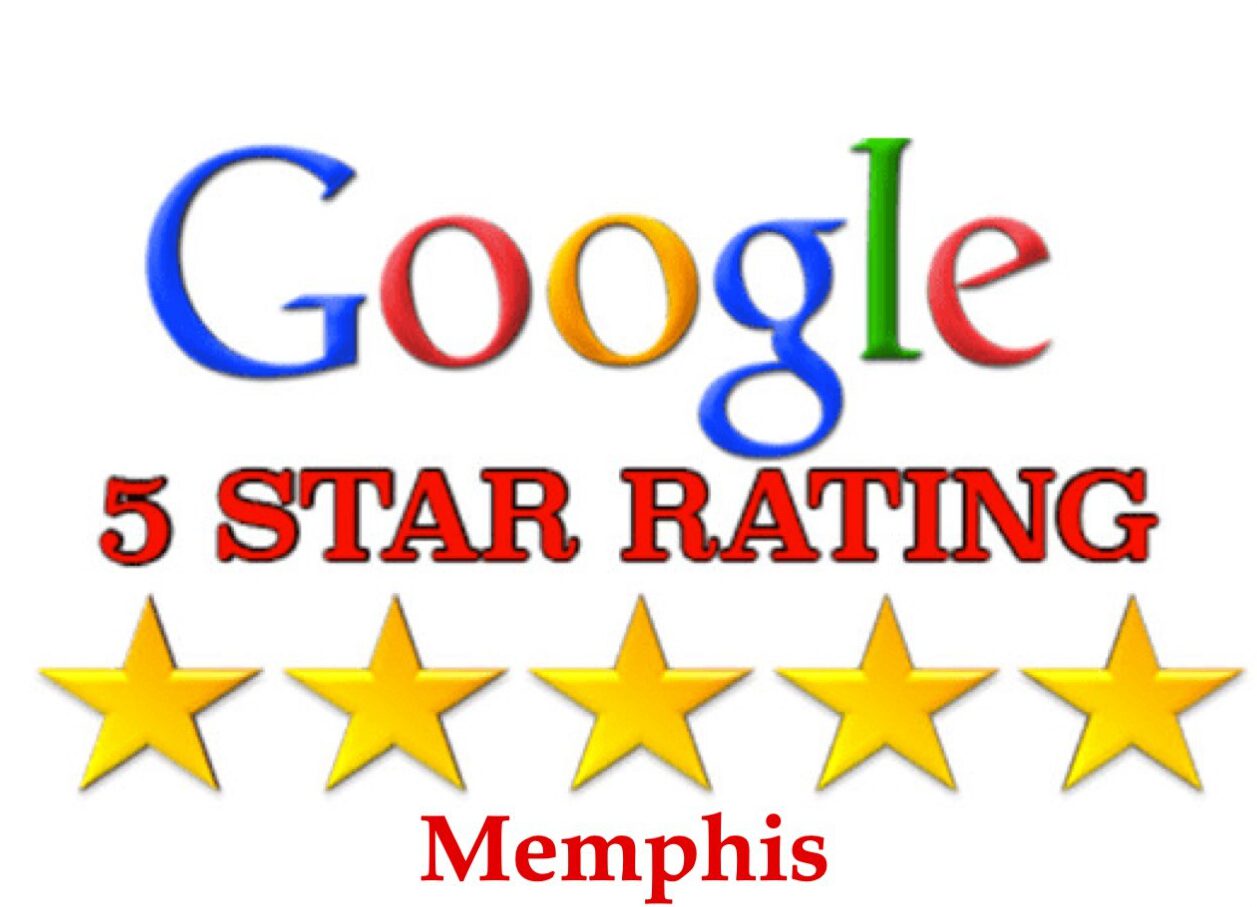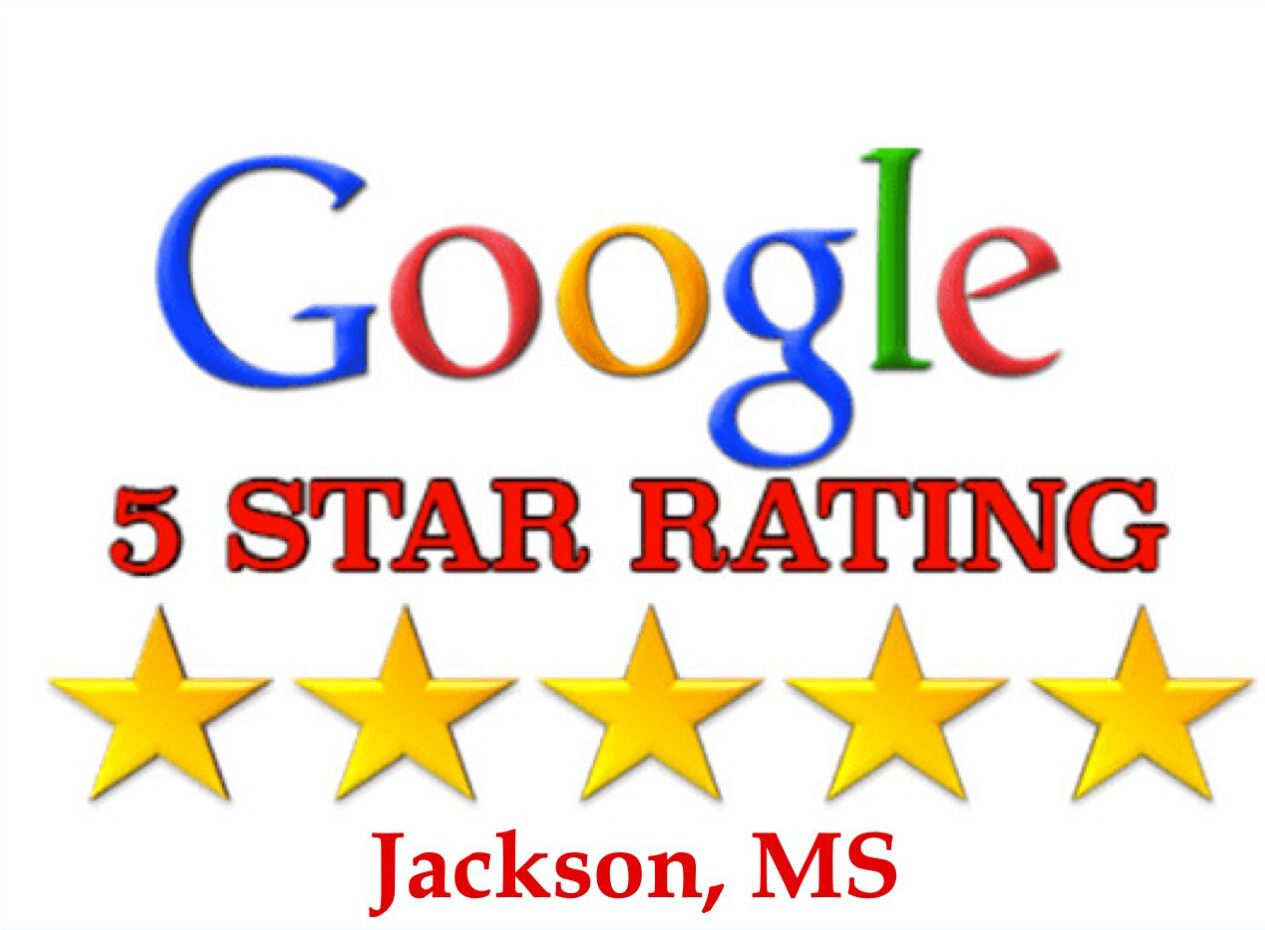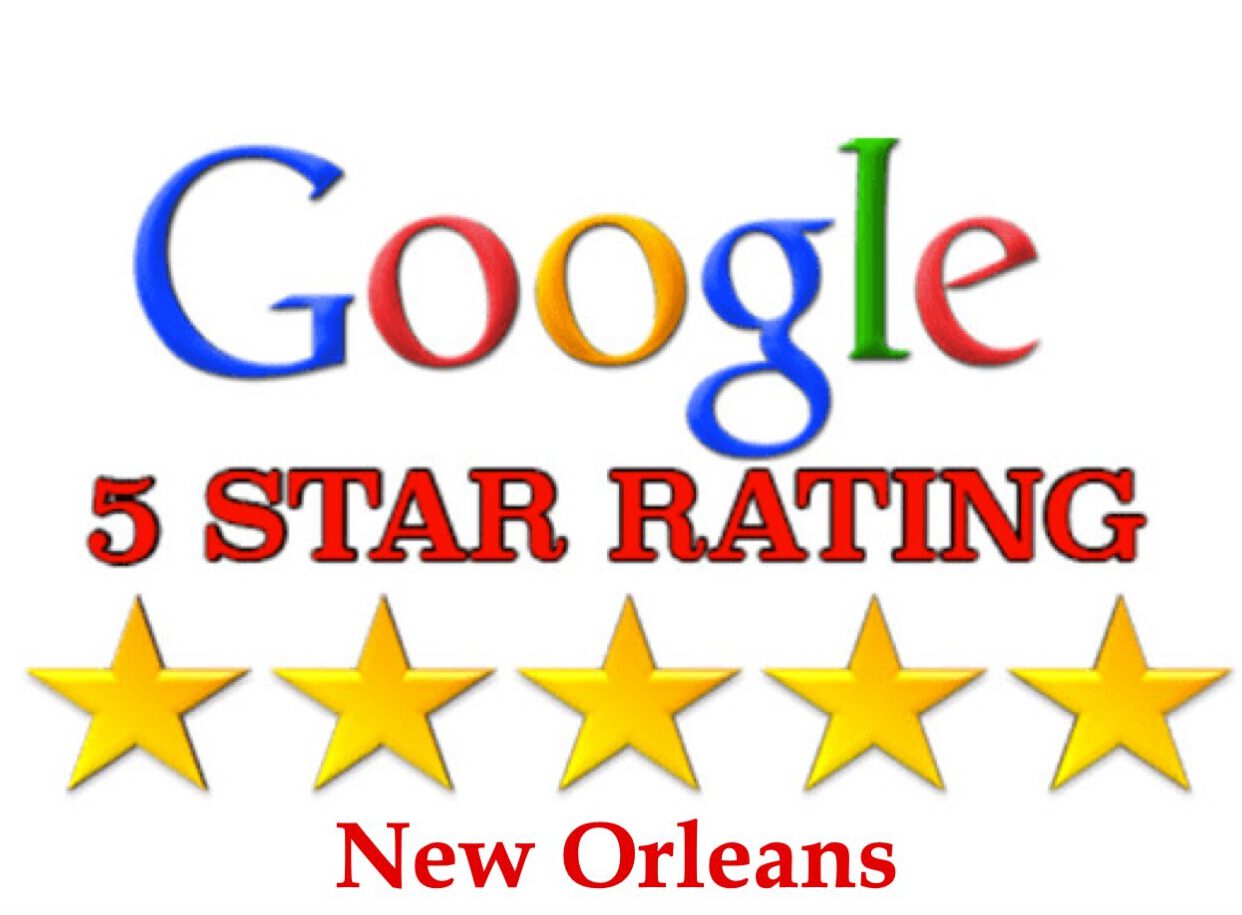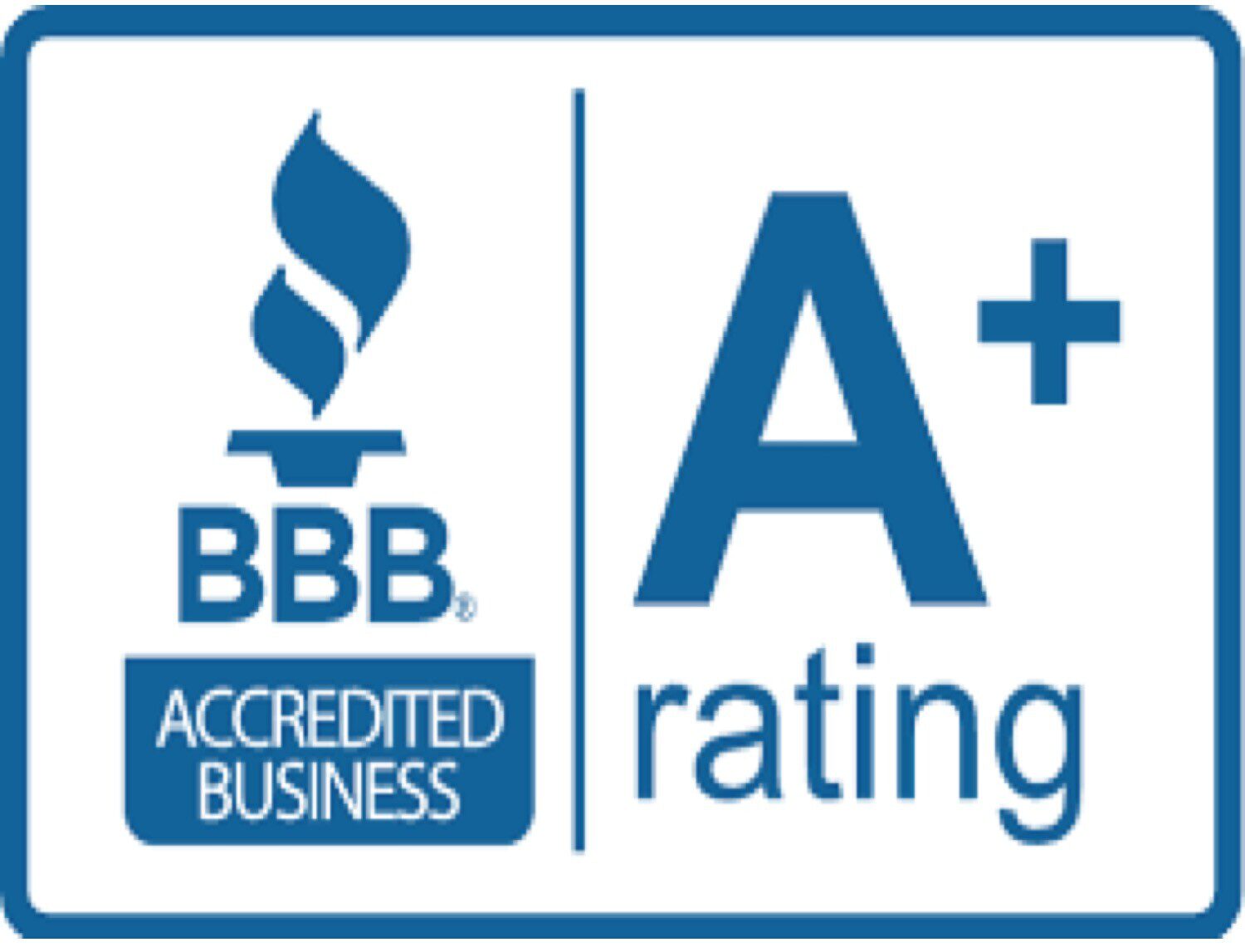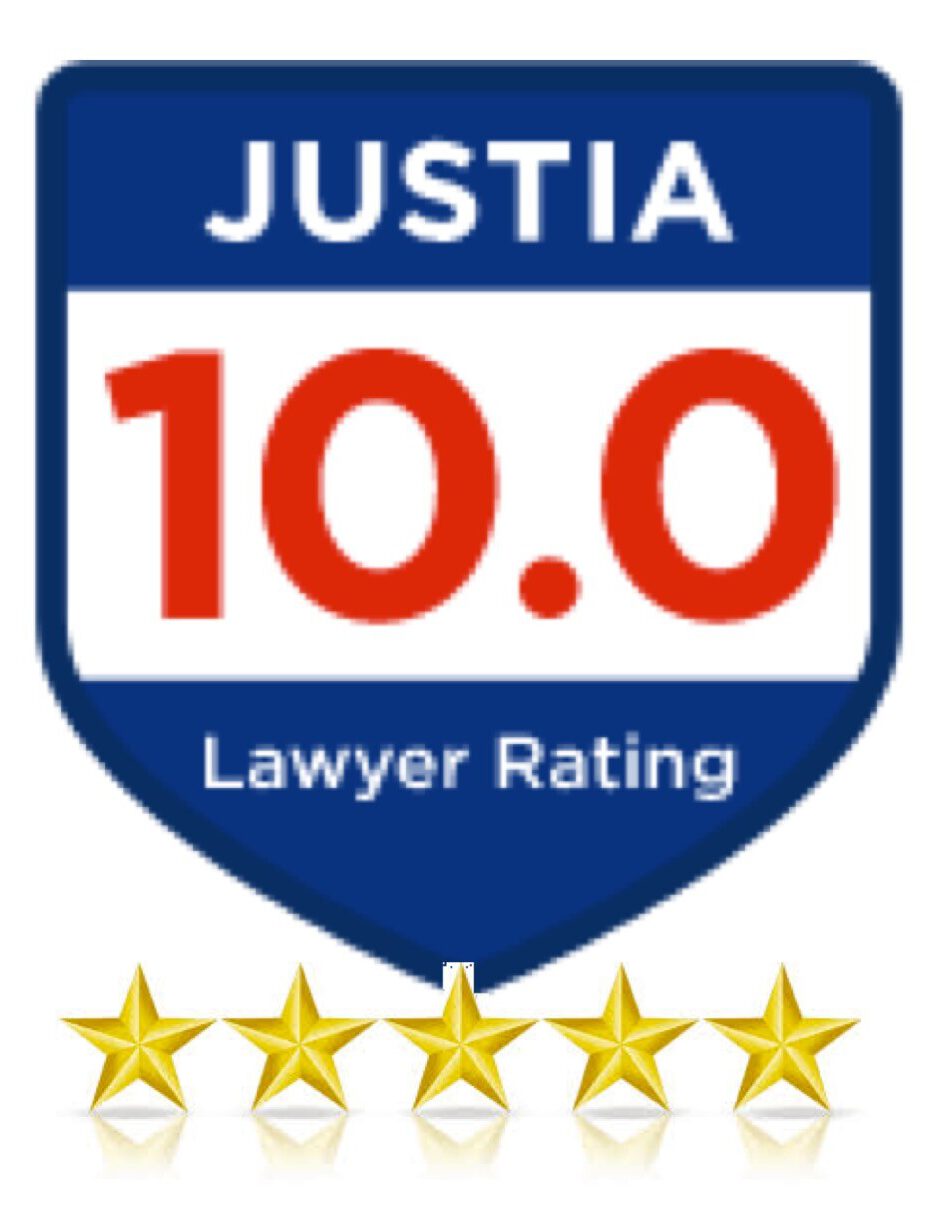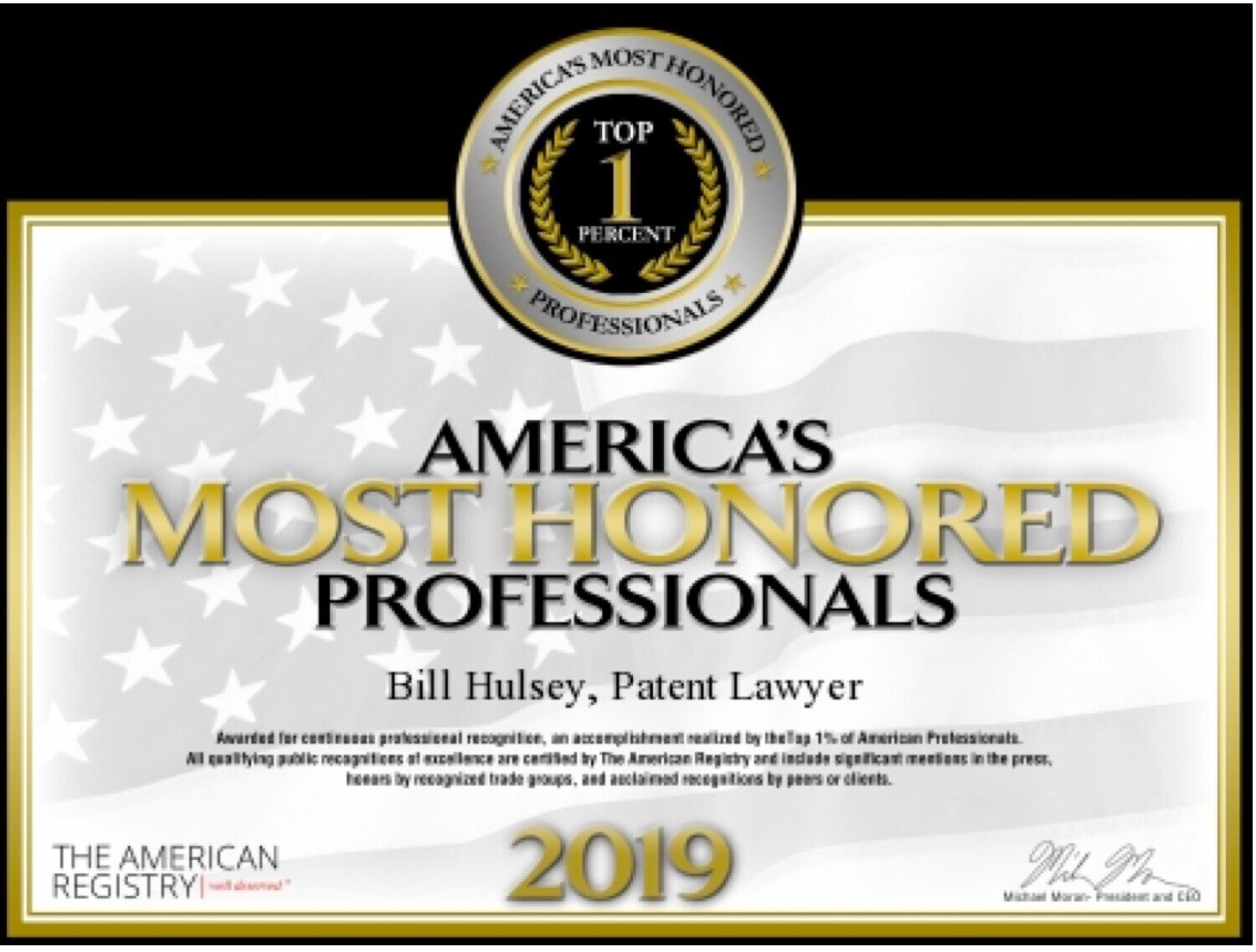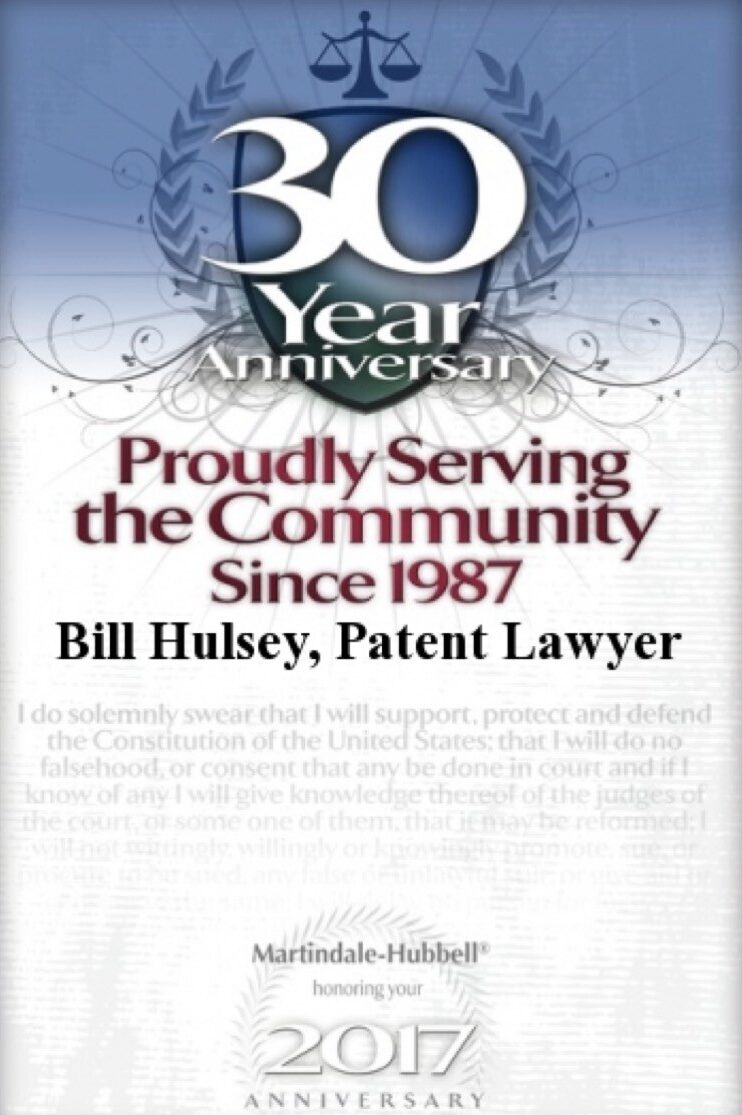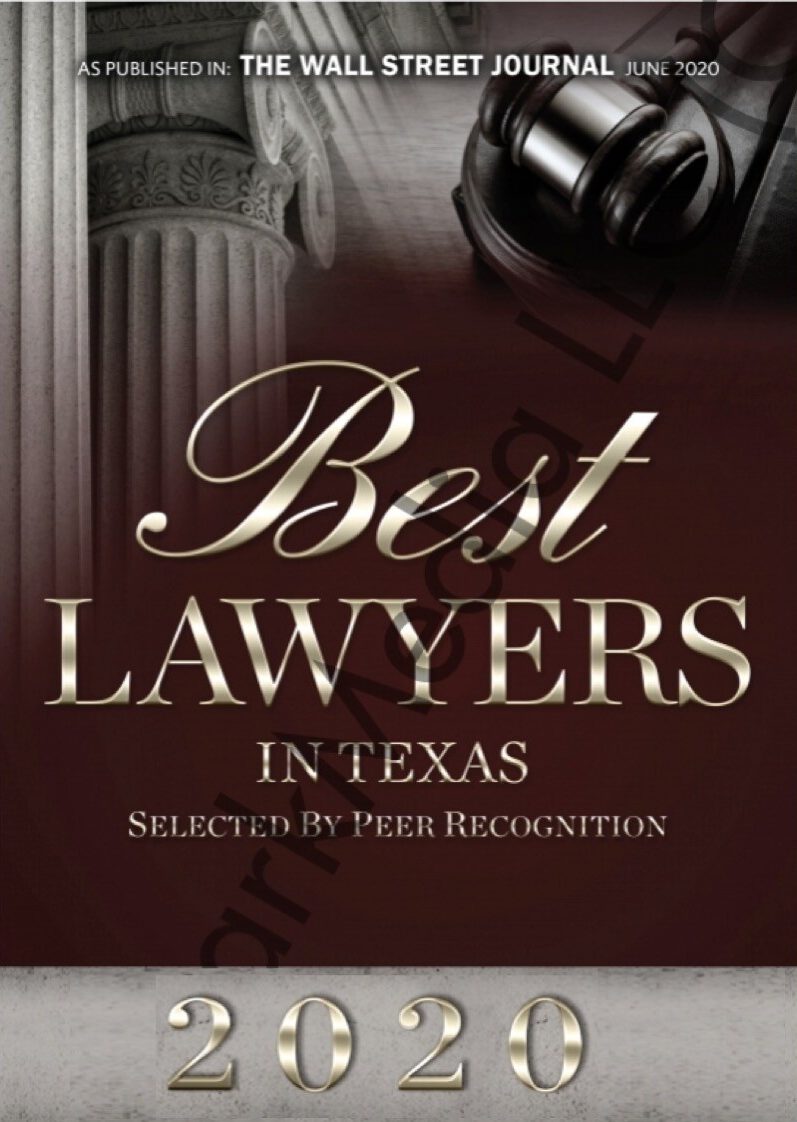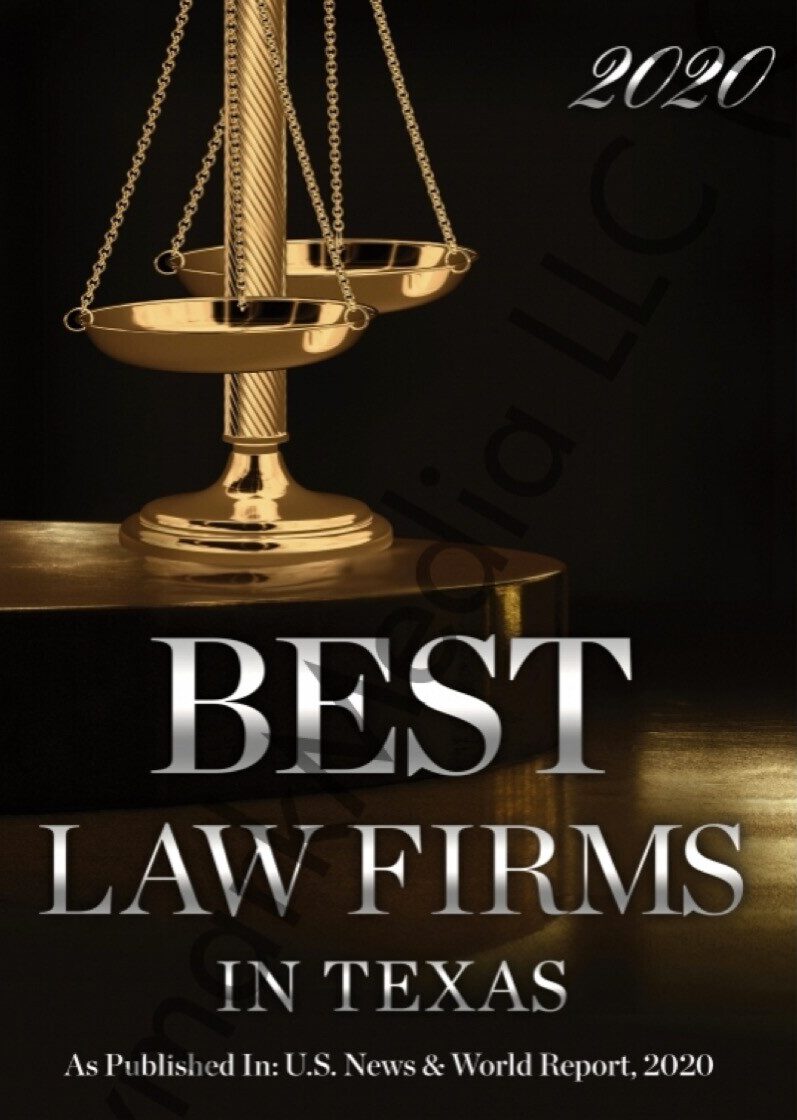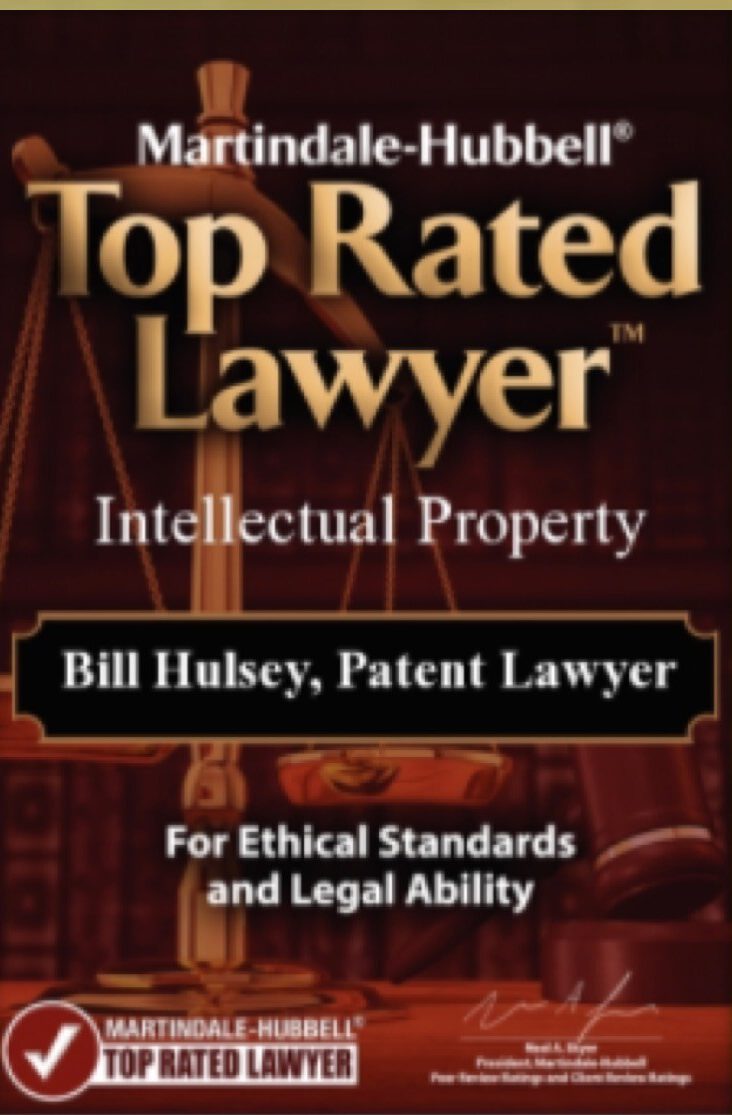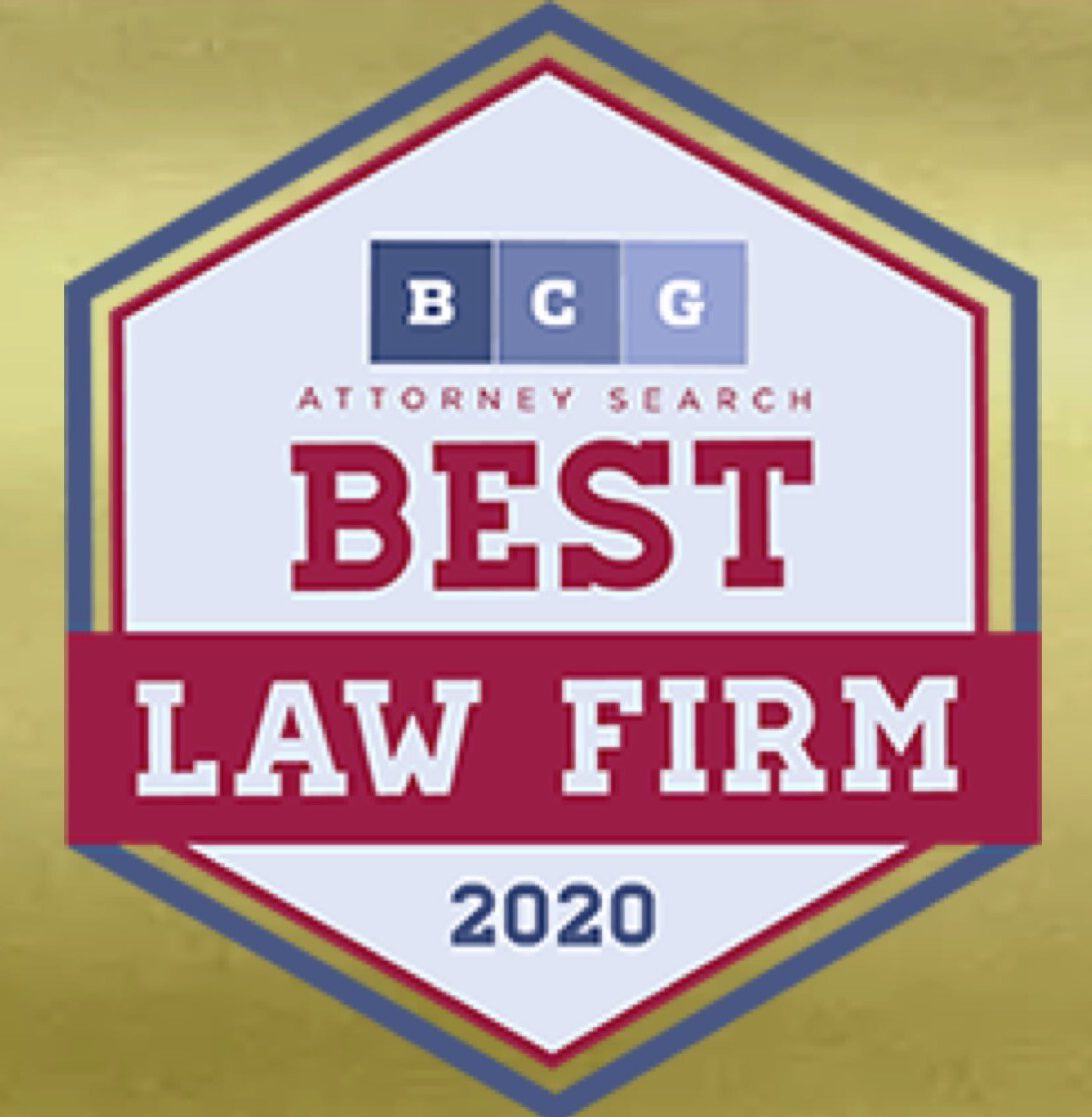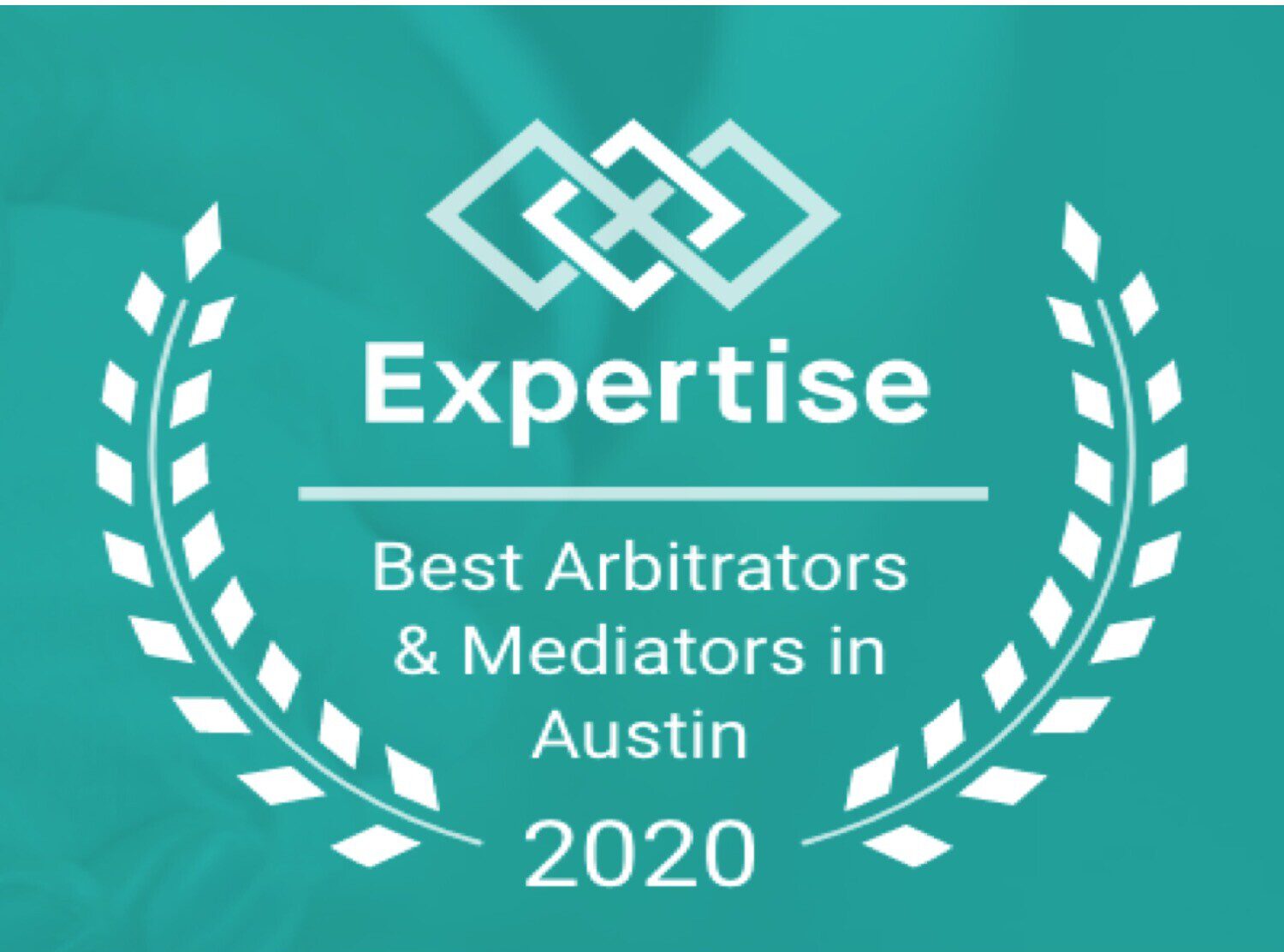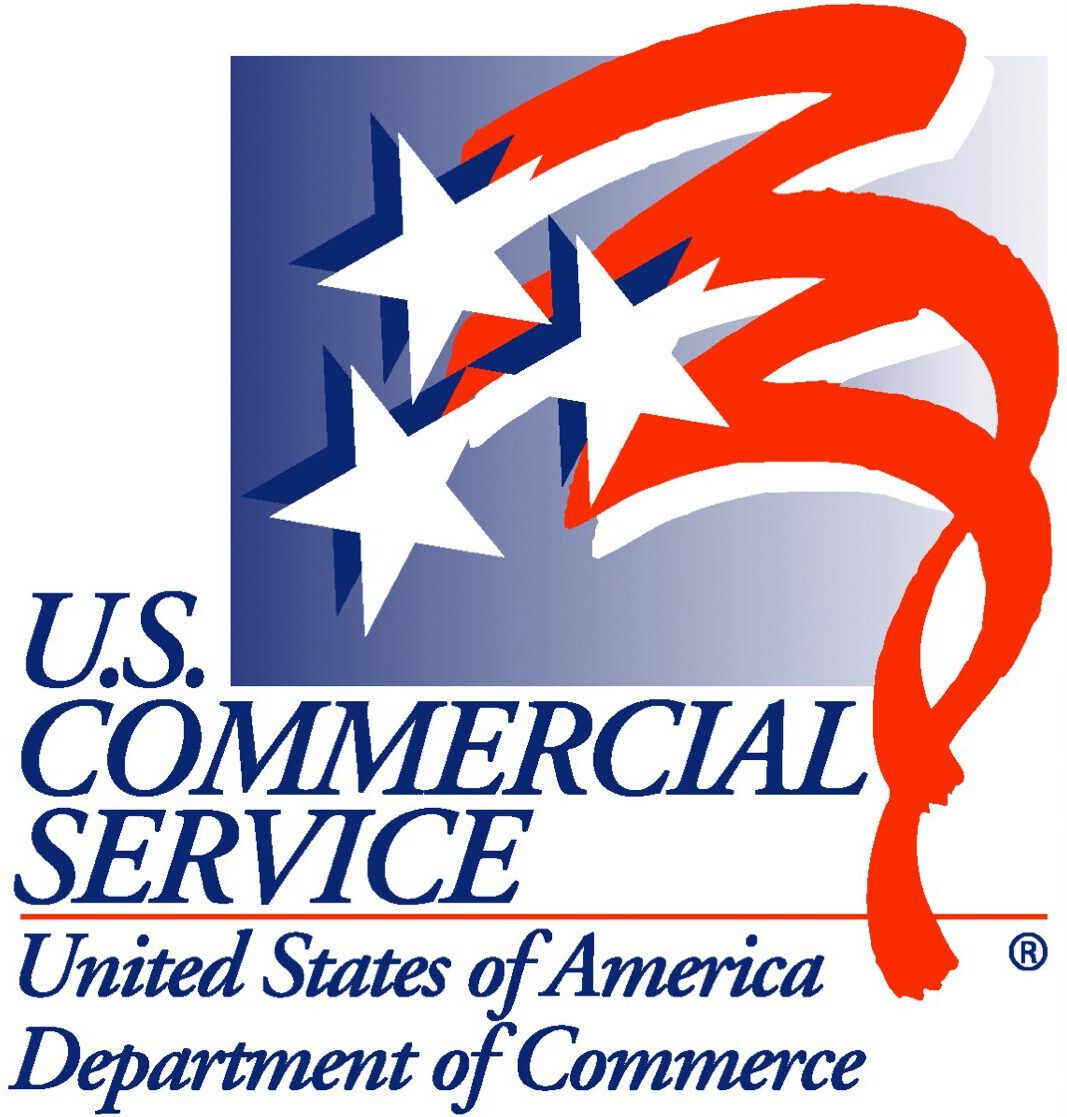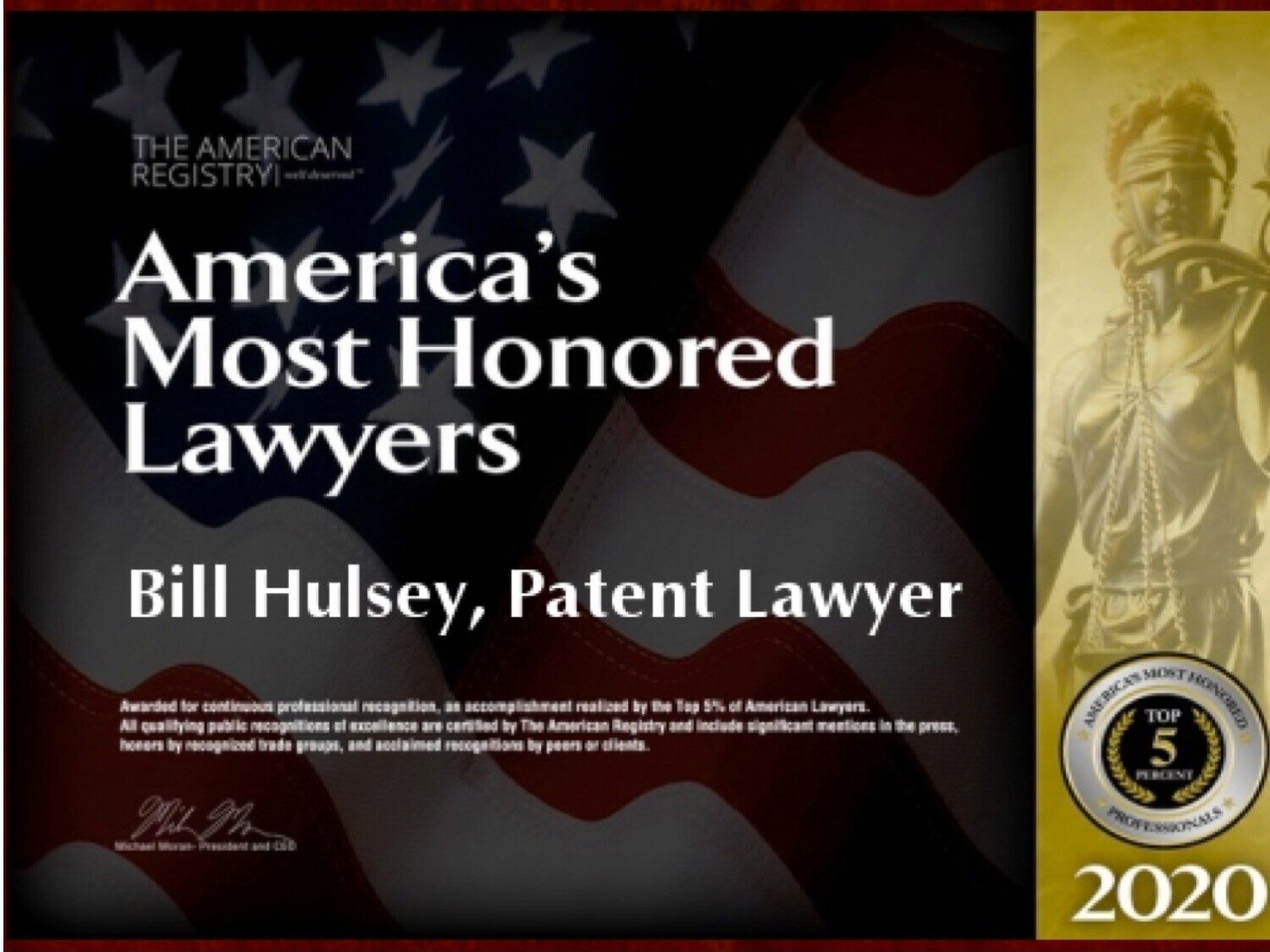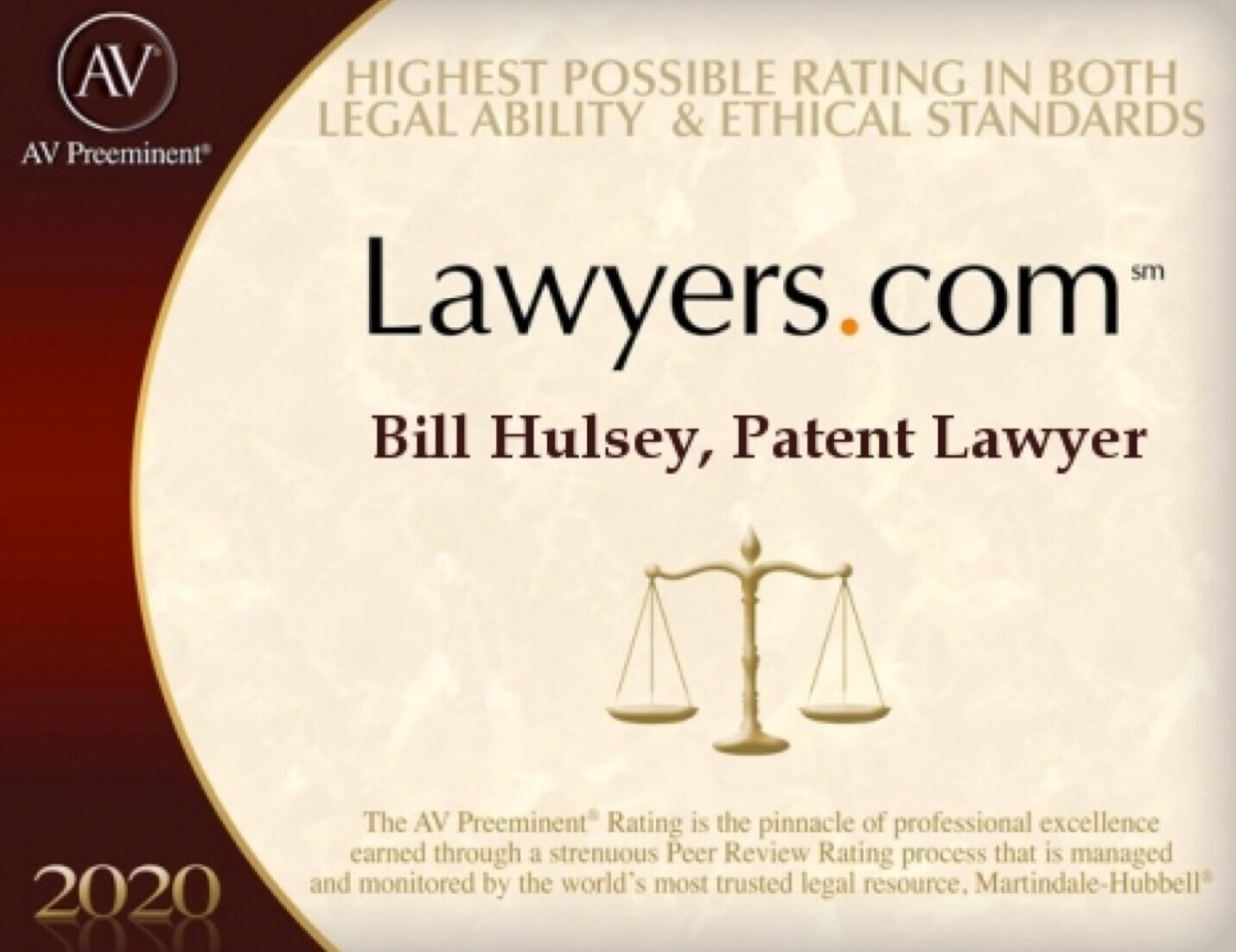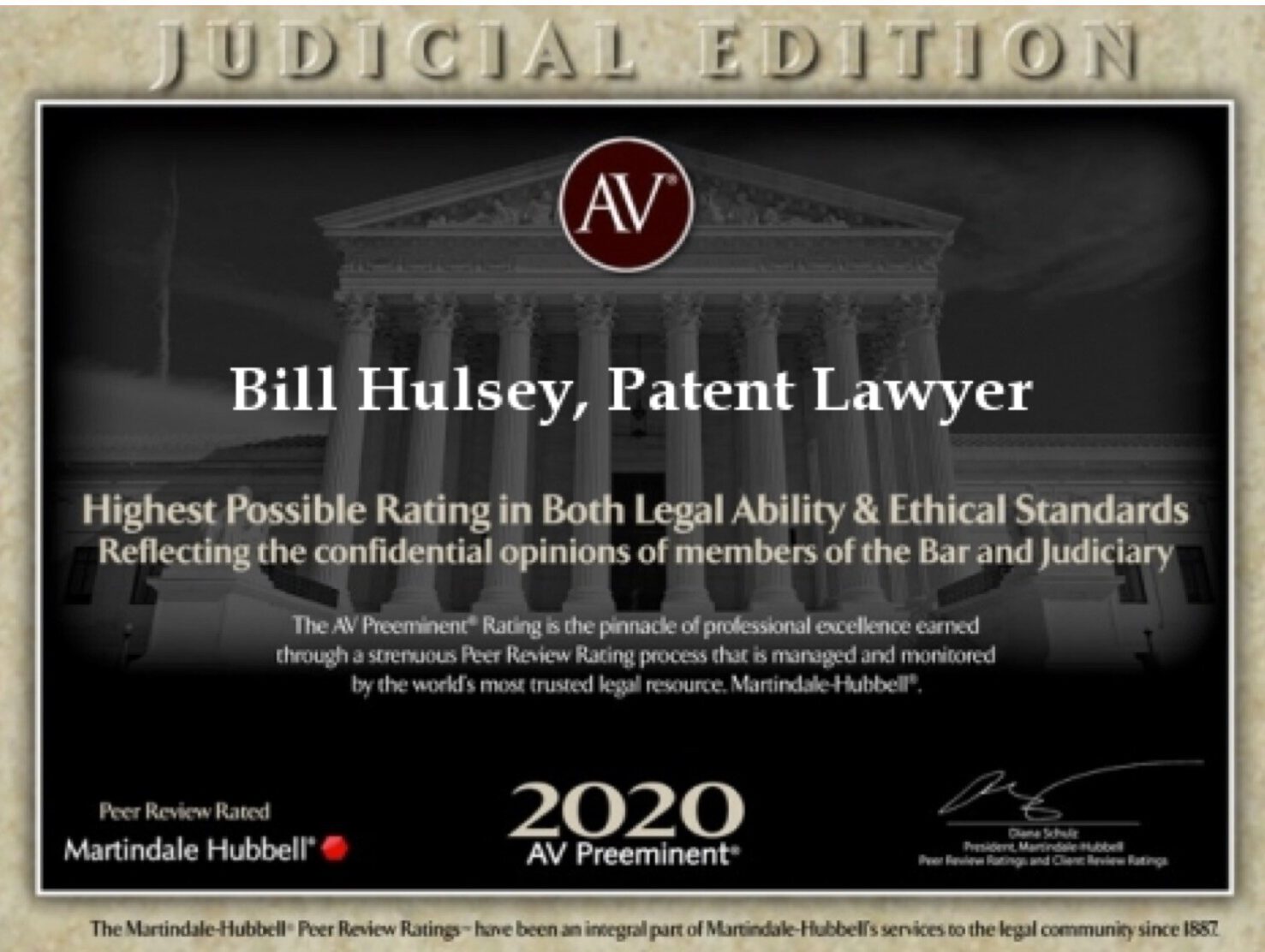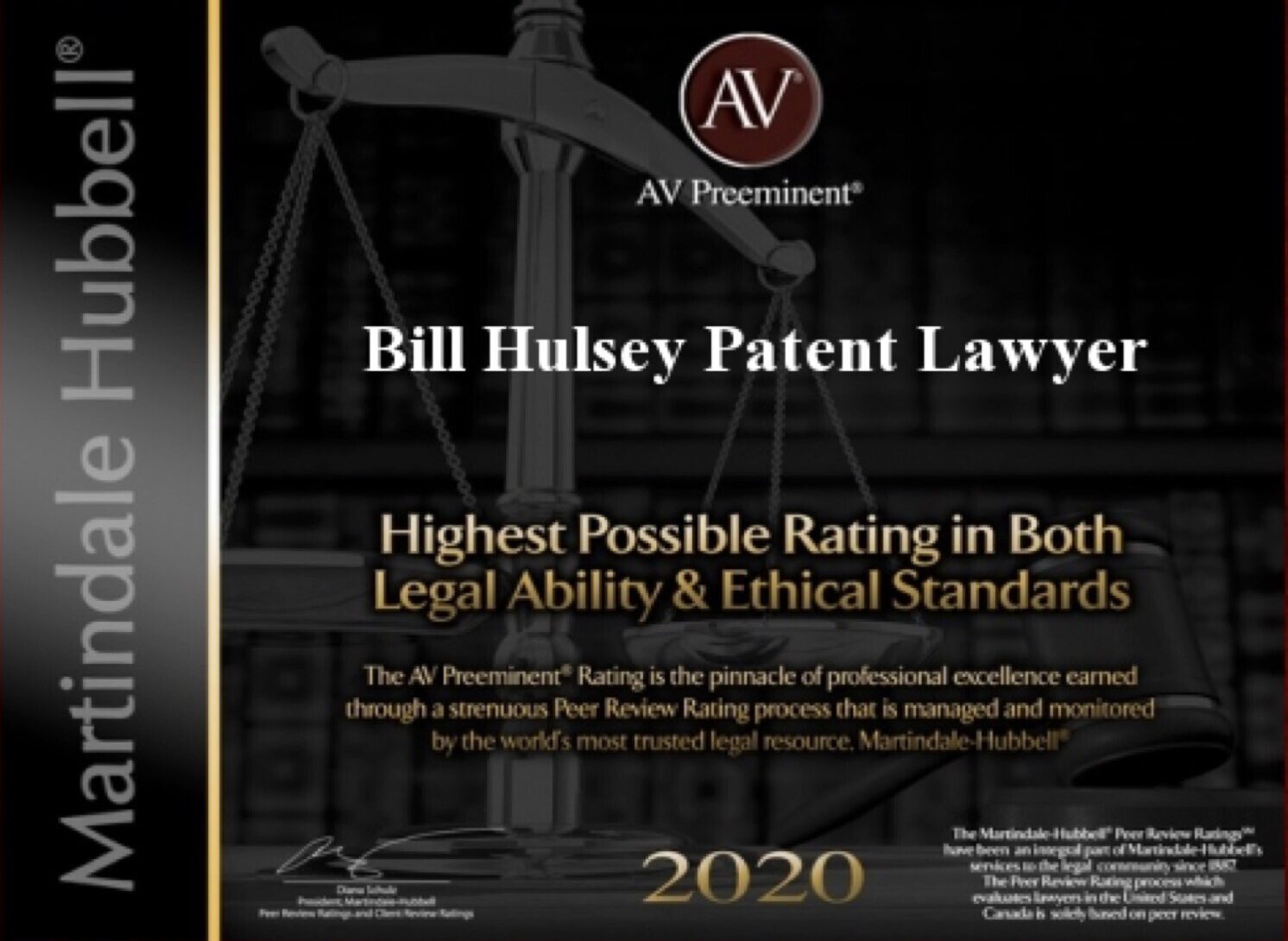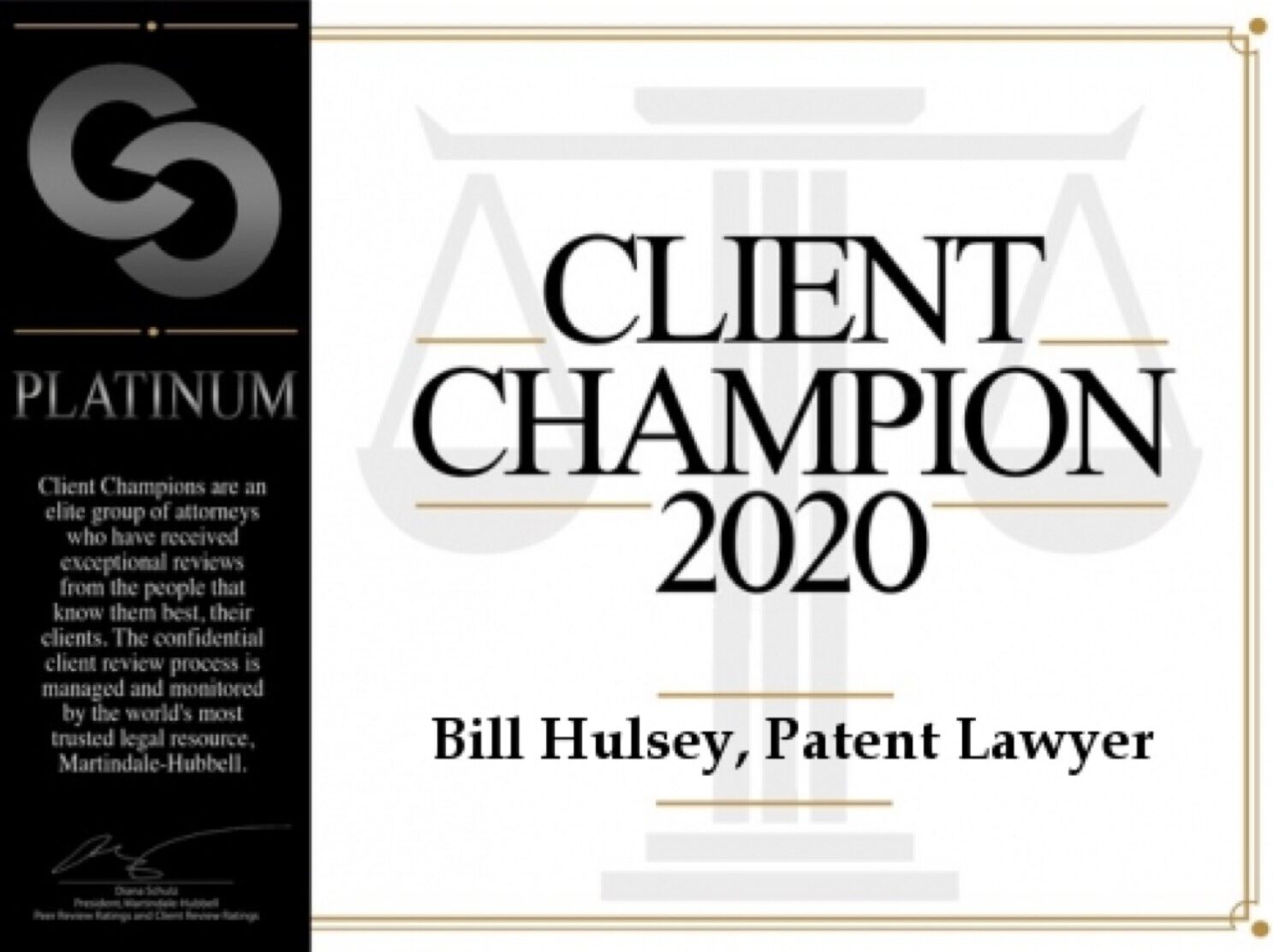20 years in business
Hulsey PC – Patents and Trademarks
We’re the longest operating patent and trademark boutique firm in Austin, Texas. Founded over 20 years ago in Austin, a city nationally known as “Idea City,” Hulsey P.C. has been continuously helping clients secure valuable intellectual property rights as they establish and grow their innovative, entrepreneurial businesses. If you have an idea, we can probably help.
IP and Patent Practice
A very highly regarded IP & Patent practice providing lawyers and patent agents led by Bill Hulsey Patent Lawyer, who personally possesses 30+ years of patent law firm experience and expertise in patents, technology licenses and IP.
Hulsey PC is dedicated to the economic vitalization of the South Central United States through securing for our clients top-quality, valuable patents, trademarks, and other IP legal rights using American and international legal systems and practices.
Our practice serves the patent, trademark, and related intellectual property legal and business needs for startup and growing entrepreneurial companies. Possessing and daily demonstrating deep experience in energy, space technology, medical devices, electronics, software, Internet, chemical, materials, photonics, and consumer products.
IP & Patent Practice
A very highly regarded IP & Patent practice providing lawyers and patent agents led by Bill Hulsey Patent Lawyer, who possesses 30+ years of patent law firm experience and expertise in patents, technology licenses and IP.
Hulsey PC is dedicated to the economic vitalization of the South Central United States through securing for our clients top-quality, valuable patents, trademarks, and other IP legal rights using American and international legal systems and practices.
Our practice serves the patent, trademark, and related intellectual property legal and business needs for startup and growing entrepreneurial companies. Possessing and daily demonstrating deep experience in energy, space technology, medical devices, electronics, software, Internet, chemical, materials, photonics, and consumer products.
What they’re saying
Client Reviews
Ensure the protection of your intellectual property with our expert legal counsel. Our clients trust us to safeguard their innovations and ideas.
What we’re winning





